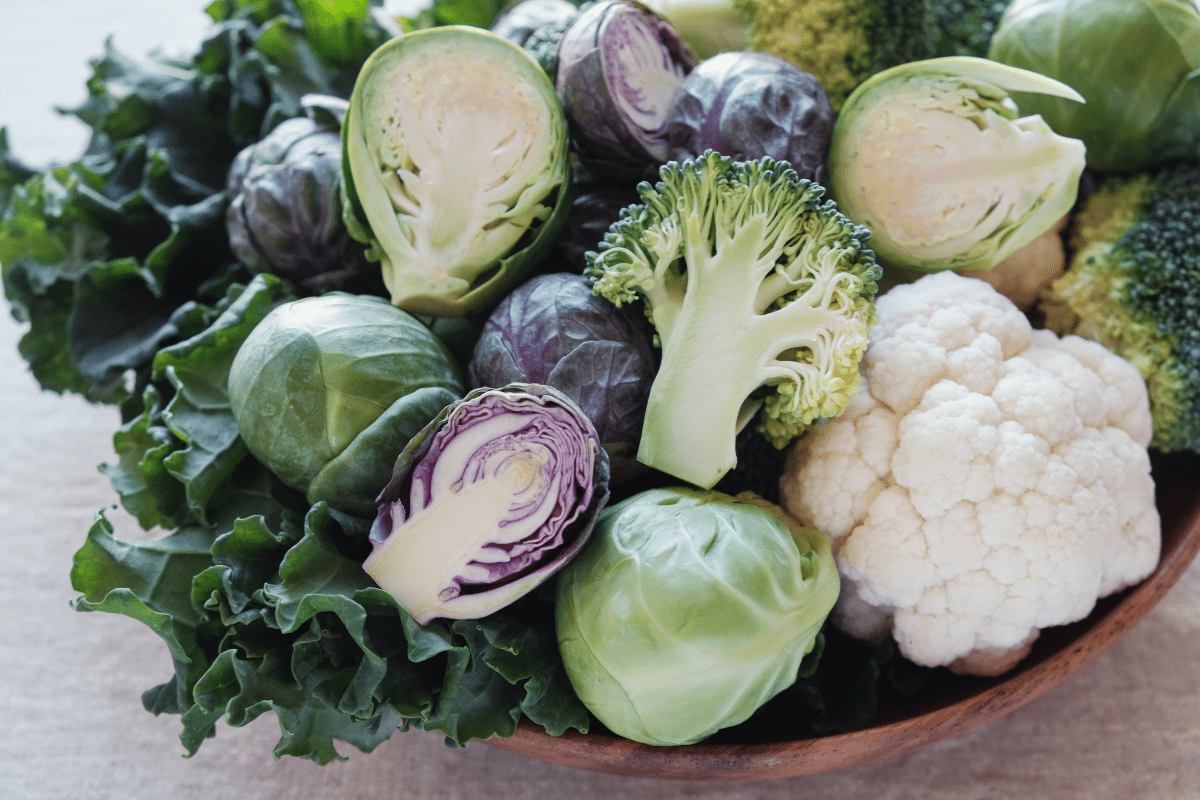Understanding Blood Urea and Its Significance
How to reduce blood urea by diet? Blood urea, also known as blood urea nitrogen (BUN), is a waste product that forms when the body breaks down proteins. Elevated blood urea levels can indicate kidney dysfunction or other underlying health issues. However, dietary modifications can play a significant role in reducing blood urea levels and promoting kidney health.
Decoding the Role of Diet in Blood Urea Reduction
Dietary choices can influence blood urea levels by impacting protein intake, hydration status, and overall kidney function. By making strategic dietary changes, individuals can effectively lower blood urea levels and support kidney health.
Key Dietary Strategies for Lowering Blood Urea
- Limit Protein Intake: Since blood urea is a byproduct of protein metabolism, reducing protein intake can help lower blood urea levels. Focus on consuming lean sources of protein such as poultry, fish, tofu, and legumes, and limit high-protein foods such as red meat, eggs, and dairy products.
- Increase Fluid Intake: Staying hydrated is crucial for kidney function and blood urea excretion. Aim to drink plenty of water throughout the day to maintain optimal hydration levels. Herbal teas, fruit-infused water, and coconut water are also excellent hydration options.
- Emphasize Plant-Based Foods: Plant-based foods such as fruits, vegetables, whole grains, and legumes are naturally low in protein and rich in fiber, vitamins, and minerals. Incorporating more plant-based meals into your diet can help reduce overall protein intake and support kidney health.
- Monitor Sodium Intake: Excessive sodium intake can contribute to fluid retention and kidney damage, leading to elevated blood urea levels. Limiting sodium-rich foods such as processed snacks, canned soups, and fast food can help lower blood urea and protect kidney function.

Specific Dietary Approaches for Blood Urea Reduction
Several dietary approaches have been shown to be effective in lowering blood urea levels and promoting kidney health:
- DASH Diet: The Dietary Approaches to Stop Hypertension (DASH) diet emphasizes fruits, vegetables, whole grains, and lean proteins while limiting sodium intake. This diet has been shown to reduce blood urea levels and improve overall kidney function.
- Low-Protein Diet: For individuals with kidney disease or elevated blood urea levels, a low-protein diet may be recommended by healthcare providers. This diet restricts protein intake to reduce the production of urea and minimize stress on the kidneys.
- Alkaline Diet: The alkaline diet focuses on consuming alkaline-forming foods such as fruits, vegetables, nuts, seeds, and legumes while limiting acid-forming foods such as meat, dairy, and processed foods. This diet aims to reduce the burden on the kidneys and promote overall health.
Lifestyle Factors That Impact Blood Urea Levels
In addition to dietary modifications, certain lifestyle factors can influence blood urea levels and kidney function:
- Regular Exercise: Engaging in regular physical activity can improve blood flow to the kidneys, enhance kidney function, and promote overall health.
- Maintain a Healthy Weight: Obesity and excess body fat can increase the risk of kidney disease and elevate blood urea levels. Achieving and maintaining a healthy weight through diet and exercise can help reduce this risk.
- Manage Chronic Conditions: Conditions such as diabetes and hypertension can contribute to kidney damage and elevated blood urea levels. Managing these conditions through medication, lifestyle changes, and regular medical monitoring is essential for kidney health.
Conclusion: How to Reduce Blood Urea by Diet?
In conclusion, reducing blood urea levels through dietary modifications is an effective strategy for supporting kidney health and preventing complications. By incorporating nutrient-rich foods, limiting protein intake, staying hydrated, and adopting a healthy lifestyle, individuals can lower blood urea levels and promote overall well-being.
Frequently Asked Questions (FAQs)
1. Can I still consume protein on a low-protein diet?
Yes, a low-protein diet typically allows for some protein consumption, but in smaller quantities compared to a regular diet. Healthcare providers can provide personalized recommendations based on individual health needs and goals.
2. Are there any specific foods that can help lower blood urea levels?
Certain foods, such as cucumbers, celery, watermelon, and cranberries, are believed to have diuretic properties that can help flush out excess urea from the body. Including these foods in your diet may support kidney health and lower blood urea levels.
3. How long does it take to see improvements in blood urea levels with dietary changes?
The timeline for seeing improvements in blood urea levels may vary depending on factors such as the severity of the condition, adherence to dietary recommendations, and individual health status. In general, significant improvements may be observed within a few weeks to months of making dietary changes. However, it’s essential to consult with a healthcare provider for personalized guidance and monitoring.



